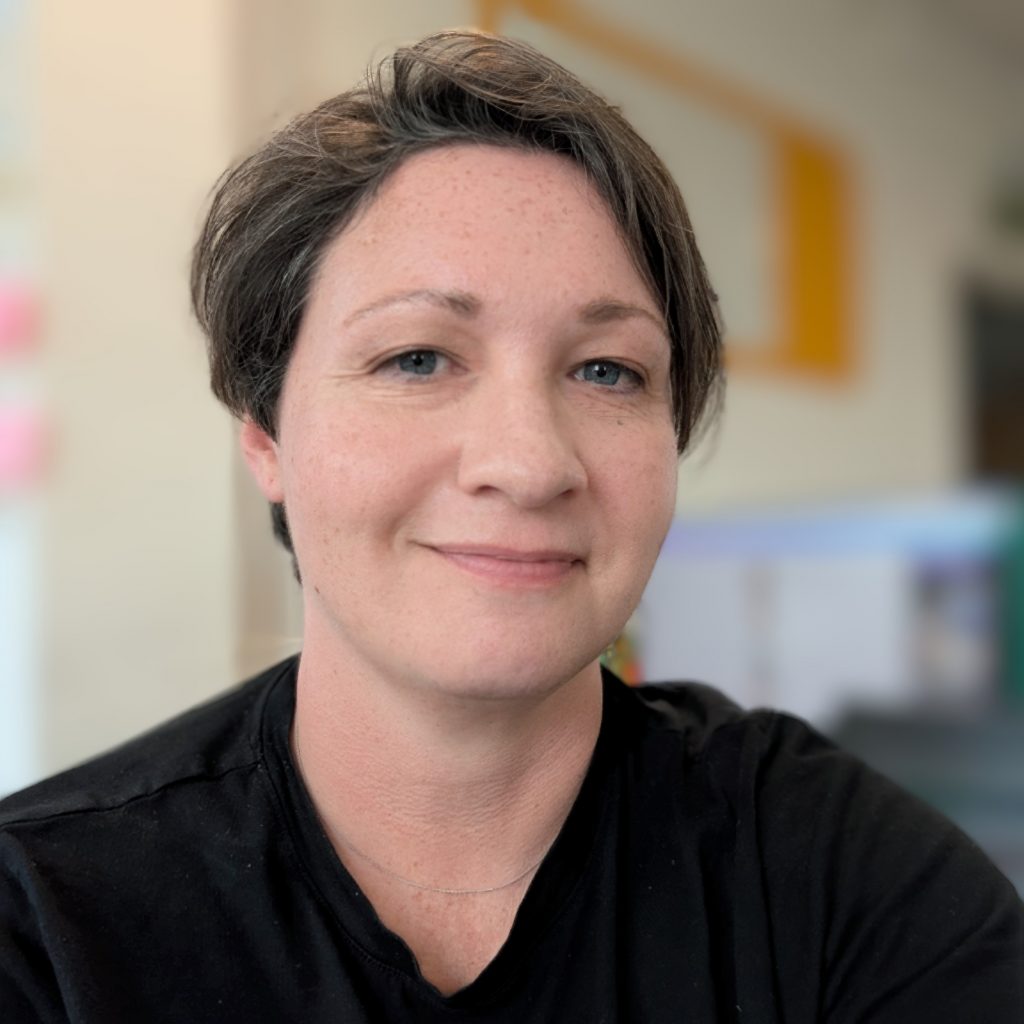Surviving domestic abuse often means living in silence. Many people learn to suppress their thoughts, feelings, and needs in order to stay safe in an abusive relationship. Over time, this silence can become internalised, leaving survivors feeling disconnected from their true selves.
One of the most powerful steps in recovery is finding your voice again. Speaking your truth – whether through words, writing, art, or simply naming your feelings – can be a vital part of the healing process.
Why Abuse Silences Survivors
Abuse thrives on control. Abusers often discourage or punish self-expression by belittling, criticising, or dismissing the survivor’s perspective. This creates an environment where staying quiet feels safer than speaking up.
Even after the abuse ends, many survivors carry the belief that their voice doesn’t matter or that expressing themselves will bring harm. These unconscious patterns can affect relationships, work, and self-esteem long after the abusive relationship has ended.
The Healing Power of Expression
Psychological research and therapeutic practice show that expression is a key part of trauma recovery. When survivors find safe ways to voice their experiences, several shifts can occur:
- Validation: Putting experiences into words makes them real, breaking the isolation that abuse creates.
- Integration: Telling your story helps organise fragmented memories and emotions, making them easier to understand.
- Empowerment: Reclaiming your voice restores a sense of agency and control.
- Connection: Sharing with a trusted therapist or support group fosters belonging and reduces shame.
Expression is not about re-living trauma – it’s about creating meaning and reclaiming identity.
How Psychodynamic Therapy Supports Finding Your Voice
In psychodynamic therapy, the therapeutic relationship itself provides a safe space for survivors to practise self-expression. A therapist will listen without judgement, reflect back feelings, and help to uncover unconscious beliefs that silence or distort the survivor’s voice.
Through this process, clients often begin to:
- Recognise where their silence originated.
- Challenge internalised criticism or shame.
- Experiment with expressing needs and boundaries in therapy sessions.
- Translate this new sense of agency into everyday relationships.
Finding your voice is not only about speaking – it’s about learning to trust that your feelings, thoughts, and needs matter.
Practical Ways to Reclaim Your Voice
Alongside therapy, survivors may find creative outlets helpful in the journey towards expression. Writing, poetry, painting, singing, or even practising small conversations with trusted friends can provide safe ways to explore and share what was once silenced. Over time, these practices reinforce confidence and self-worth.

Domestic abuse may have silenced you, but it cannot erase your voice forever. Expression, whether through therapy, art, writing, or conversation, is a vital part of healing and reclaiming your identity.
Psychodynamic therapy offers survivors a space to rediscover their voice, process their experiences, and move towards a life where their truth can be spoken and honoured.
Why do survivors of domestic abuse often lose their voice?
Abuse thrives on control. Survivors may learn to stay silent to protect themselves, and over time this silence can become internalised, affecting confidence and self-expression.
How does finding your voice help with healing?
Expressing your feelings and experiences helps to reduce shame, rebuild self-worth, and create a stronger sense of identity. It also fosters connection and empowerment.
Can therapy really help me speak up again?
Yes. Psychodynamic therapy provides a safe, supportive relationship where you can practise expressing yourself, challenge self-blame, and gradually reclaim your voice.
What are some safe ways to start finding my voice?
Many survivors begin with writing, art, or gentle conversations with trusted friends. Therapy offers guided support to explore and strengthen these forms of expression.